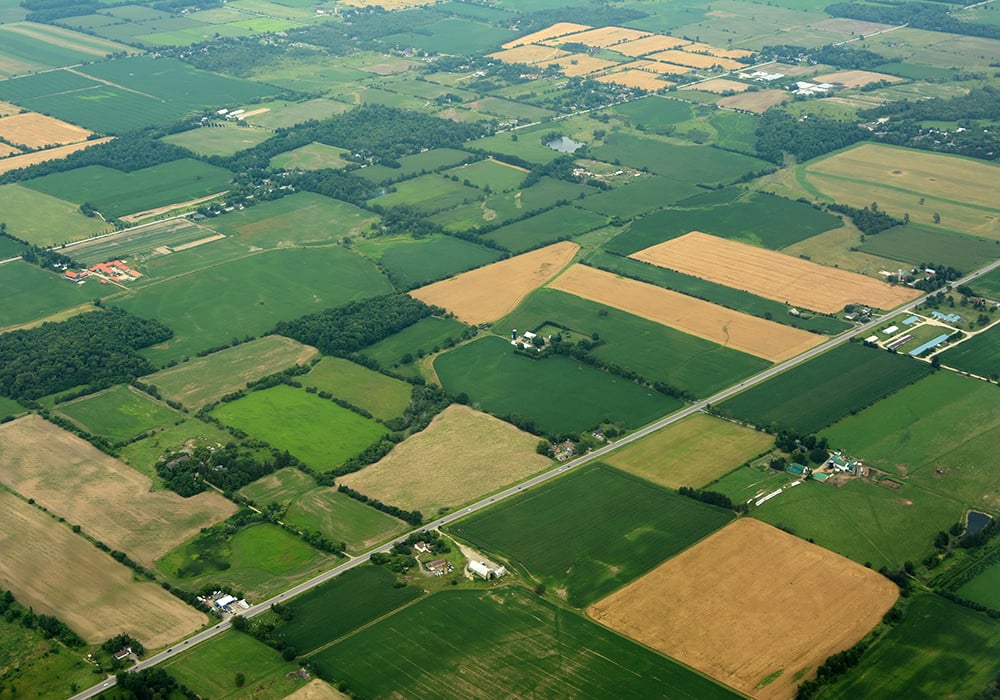The home quarter is an integral part of most farm operations. Not only do you typically find the farmer’s homestead on this quarter, but it may also contain key buildings or fixtures. So, what happens to the home quarter if the farmer is going through a separation or divorce?
Generally, family property legislation in Saskatchewan provides that a spouse receives an exemption for property brought into a marriage. This means if land or equipment is owned before a marriage or common law relationship, the fair market value of that property is exempt from division if a separation later occurs. Note that increases in value or new property acquired remains subject to division.
Read Also

High prices see cow-calf producers rushing to incorporate
Farm accountants are reporting a steady stream of cow-calf producers rushing to get their operations incorporated ahead of selling their calves this fall.
However, no exemption applies to a “family home.” This means even if a family home was owned before the spousal relationship or marriage, the entire value of that home is subject to equal division in a separation.
A family home is defined in the Family Property Act and includes a property that is either owned by or leased by one or both spouses, or in which one or both spouses have an interest. The home may also be owned by a corporation in which one or both spouses have an interest. The term family home includes a house, or part of a house, including the land appurtenant to it consistent of up to 160 acres.
This means the farm homestead, and the home quarter it sits on, may all be classified as a “family home” under the legislation.
Once a homestead is classified as a family home, it is generally subject to equal division between spouses if a separation occurs. Equal division also applies to a family home even if it was acquired by way of a gift or inheritance.
By way of example, in a case that came before the Saskatchewan court, the husband, Harry, was gifted the home quarter before his marriage to his wife, Krista. When Harry and Krista separated, Harry claimed that he should be provided an exemption pertaining to the value of the home quarter that was gifted to him.
The court declined to provide any exemption, noting that the legislation provides for a presumption of equal sharing of the matrimonial home, which in most cases involving farmland, includes all the land and buildings on a home quarter.
The court concluded that even though the home quarter was transferred to Harry before the commencement of the spousal relationship, and it was a gift to Harry from his father, the parties lived on the home quarter and it became the family home. Accordingly, Harry as the recipient of this gift lost his ability to claim the value as a premarital exemption. Krista was entitled to half the value of the home quarter.
Because no exemption generally applies to the division of the family home, if farmers find themselves in a separation, the departing spouse may very well be entitled to half the value associated with the home quarter. This may result in other assets being allocated to the departing spouse to account for half the value, financing to be obtained to pay out the departing spouse or even the homestead needing to be sold.
If this result is not desired, it is prudent and advisable to consider whether a cohabitation or prenuptial agreement should be entered into to protect the homestead. Agreements of this nature can be narrow or broad and can build in protections that are otherwise not found in the family property legislation.
An agreement can protect current and future value of the homestead. It may also specify that instead of an equal division of value, the departing spouse may receive something less than 50 percent. This may also be of assistance to distinguish the value of the home itself from the land it sits on or other buildings or fixtures that are also located on the home quarter.
Agreements can also build in protection to ensure the farmer is entitled to retain possession of the home quarter following a separation and provide for timelines regarding any payments that need to be made to manage cash flow and financing needs.
Entering a spousal relationship when you have an existing farm operation can present unique and important family property considerations. Therefore, it is recommended that you consult with a legal adviser before entering a spousal relationship to ensure you understand the family property laws and take necessary steps to minimize any risk to the farming operation should a separation later occur.
This article is provided for general informational purposes only and does not constitute legal or other professional advice. Kimberly Visram is a lawyer and partner with Stevenson Hood Thornton Beaubier LLP in Saskatoon. To contact her, email kvisram@shtb-law.com.















